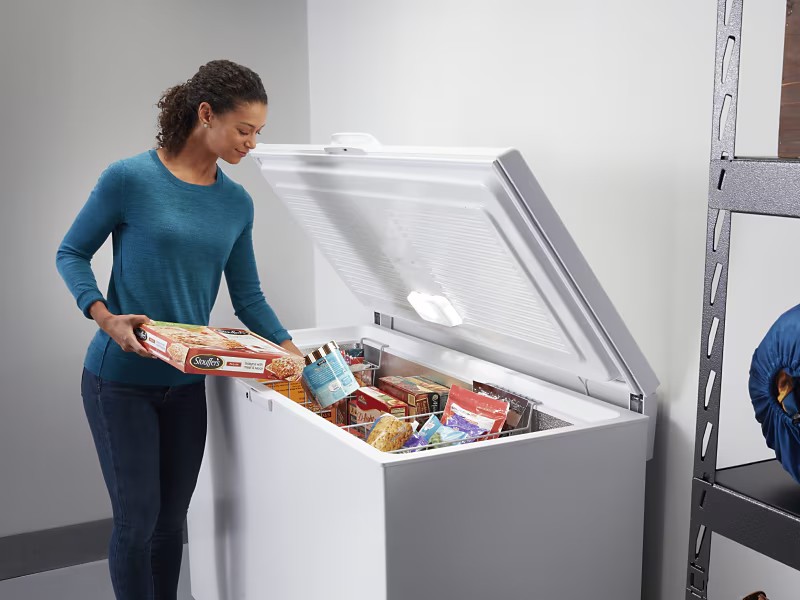Freezing food is something we take for granted, but behind every frozen meal, ice cube, or tub of ice cream, there is a complex machine doing all the hard work. Mechanical freezers are a key part of modern food storage, helping to keep products fresh for longer. But how do they actually work, and why are they so important in our daily lives?
The science behind mechanical freezers
A mechanical freezer works by removing heat from the inside and releasing it outside, keeping the interior at a consistently low temperature. It all starts with a liquid refrigerant, which absorbs heat as it evaporates into a gas. This gas then moves through a compressor, which increases its pressure and temperature. As it flows through coils, it releases heat and turns back into a liquid. The cycle repeats continuously, keeping everything inside the freezer cold.
This process allows mechanical freezers to reach temperatures far below freezing, ensuring that food stays fresh for weeks or even months. Unlike older freezing methods, such as using blocks of ice, modern mechanical freezers provide stable and reliable cooling without manual effort.
Why mechanical freezers are essential
Mechanical freezers have completely changed the way we store food. Before their invention, people relied on ice houses and salt to preserve food, which was inconvenient and unreliable. Today, freezers make it easy to store food safely, reducing waste and saving money.
In homes, freezers allow families to buy food in bulk, store leftovers, and enjoy frozen meals at any time. For businesses, especially in the food industry, freezers are critical for keeping ingredients fresh and ensuring food safety. Supermarkets, restaurants, and even hospitals depend on mechanical freezers to store everything from frozen vegetables to life-saving medical supplies.
Innovations in mechanical freezing
While the basic principles of mechanical freezing have stayed the same, technology has continued to evolve. Modern freezers now come with energy-efficient designs, smart temperature controls, and even frost-free technology. Some models can adjust temperatures automatically, making them more convenient and reducing energy consumption.
There are also specialized mechanical freezers designed for different industries.
For example, ultra-low temperature freezers can store vaccines and laboratory samples, while blast freezers rapidly cool food to maintain texture and quality. These innovations make mechanical freezers more efficient and adaptable to various needs.
The future of freezing technology
As technology advances, mechanical freezers are becoming more sustainable. Researchers are developing new refrigerants that have less impact on the environment, as traditional ones contribute to global warming. Solar-powered freezers and energy-saving designs are also helping to reduce electricity use, making freezing more eco-friendly.
The role of mechanical freezers will only grow as global food demand increases. With improved efficiency, smarter designs, and greener technology, they will continue to be an essential part of modern life, keeping food fresh, safe, and ready whenever we need it.


Comments are closed.